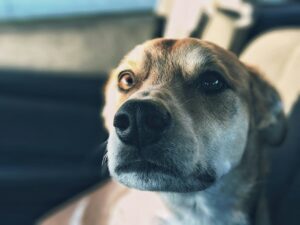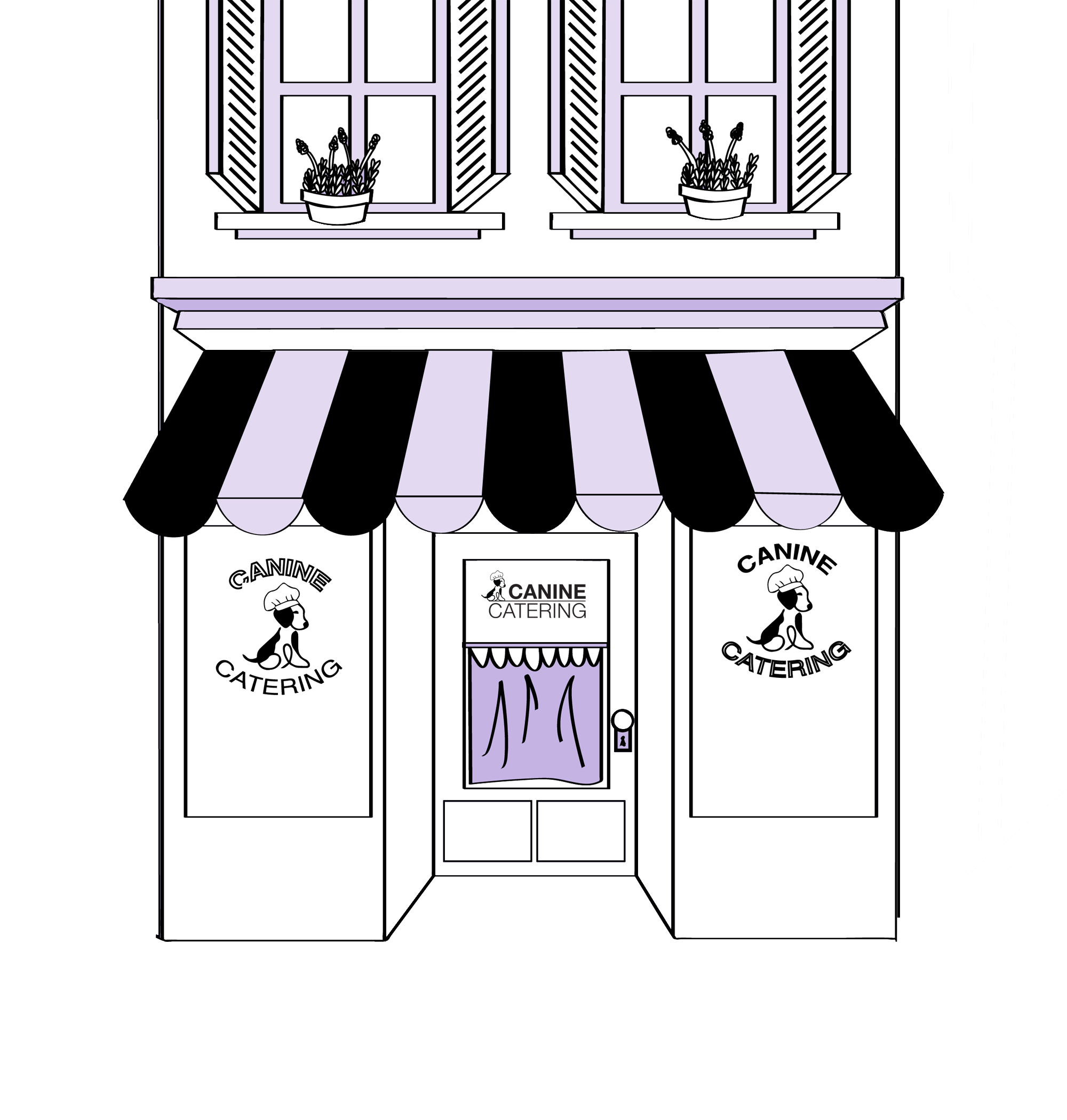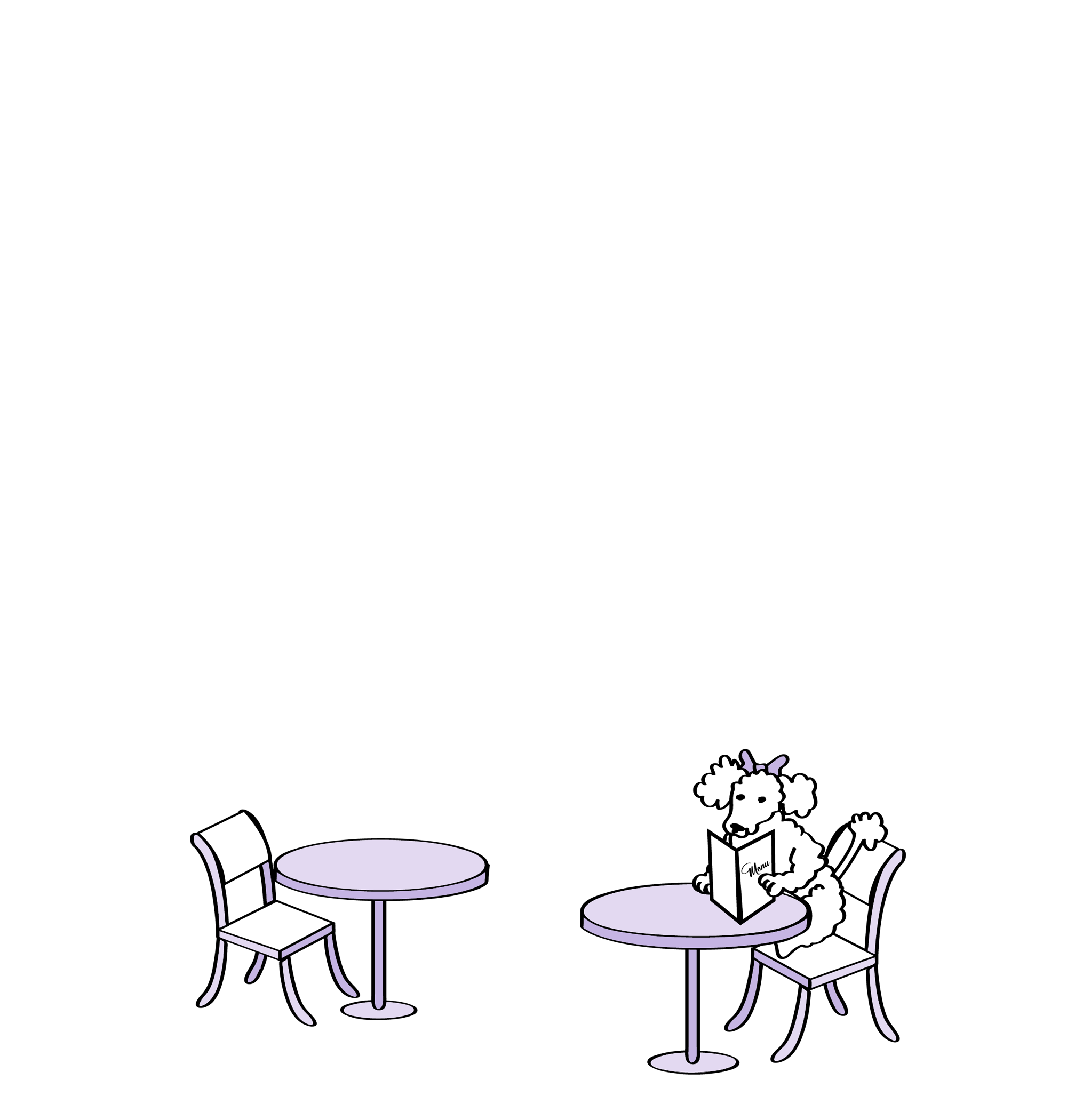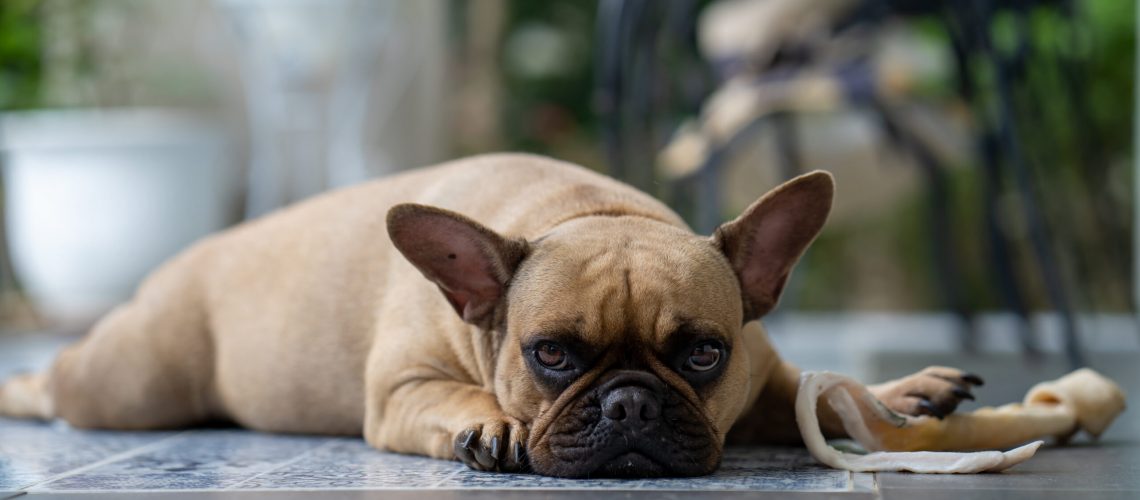Does your dog growl or air-snap when anyone approaches their bowl? Do they refuse to share a toy? Can you pat another dog without your dog reacting? Or even cuddle your partner, kids or grandkids?
Resource-guarding is a very common, normal, dog behaviour. It may be learned early in puppyhood from competing with litter-mates. Some dogs develop it after adverse experiences such as neglect and undernourishment.
Resource-guarding stems from an anxiety that something or someone valued could be lost. Once we get fearful, we don’t think as rationally, or present our best selves, do we?
Know the signs
Signs of defensiveness include:
- Growling
- Putting their ears back
- Licking their lips (can also be a sign of pain)
- Stiffening suddenly
- Staring intently at the valued object, or at the person/dog approaching it.
- Air-snapping

These behaviours usually lead to negative labelling of the dog’s personality -“He’s spoilt, jealous, dominating” etc. – which can lead to treating the dog less lovingly. Outdated training methods believed in asserting an owner’s dominance – “Take his bowl away mid-meal, just to prove you’re the boss!“
Training methods that make a dog feel bad, fearful or anxious are counter-productive. Like parenting, training should put the relationship first – a secure bond creates a more relaxed (less reactive) dog. And you’ll enjoy each other’s company more.
Tips for prevention
Don’t take their food away while they’re eating. Instead, throw in some extra treats. You approaching their bowl should have a positive association. Build trust that you mean well.
Give treats, not just at mealtimes. At our dog daycare, we may be giving treats to 10 dogs at a time. They all sit and wait their turn. We say the dog’s name before giving them the treat, so the others know the treat is not ‘up for grabs’. They know every dog will get a treat, and it will be fair. We have created trust by our reliable behaviour.
Because dogs will pick up all sorts of garbage, one day you may need to take something from their mouth for their own safety. So teach “give!” or “leave it!” with praise and a treat – you’re taking something away, and your dog needs to feel OK about it, so that they will “give!” next time. So make sure your treats are worth having – a piece of kibble won’t compete with a smelly bone.
Show you’re got sufficient resources for them. They need to know there’s enough food, a bed, toys, etc, so they don’t need to guard them.
Keep building your dog’s confidence:
- Give them attention, spend time with them, so they know you value them
- expose them to new, friendly playmates, and interesting places and experiences
- praise and give treats when they do well.
- Show that you are reliably safe and well-intentioned.
If there’s a new dog visiting your home, put valued toys away, and make sure there’s no food lying around.
From puppyhood, pat other dogs and include your dog in the attention. Praise, then give your dog a pat too. Show you’ve enough kindness to go around.
If your dog is very defensive:
Just don’t pat other dogs. Someone could get hurt.
Feed your dog in a separate area to avoid increasing stress or putting other dogs/people at risk. Give the same food and attention as you give to other family dogs – feeling second-class will only increase anxiety.
Keep building confidence and trust.
Ask your vet to recommend a behaviourist.
For free information, you might like to visit:
https://www.humanesociety.org/resources/resource-guarding-dogs
https://www.patriciamcconnell.com/theotherendoftheleash/resource-guarding-dog-to-dog
https://www.preventivevet.com/dogs/resource-guarding-in-dogs
Image by wirestock on Freepik




